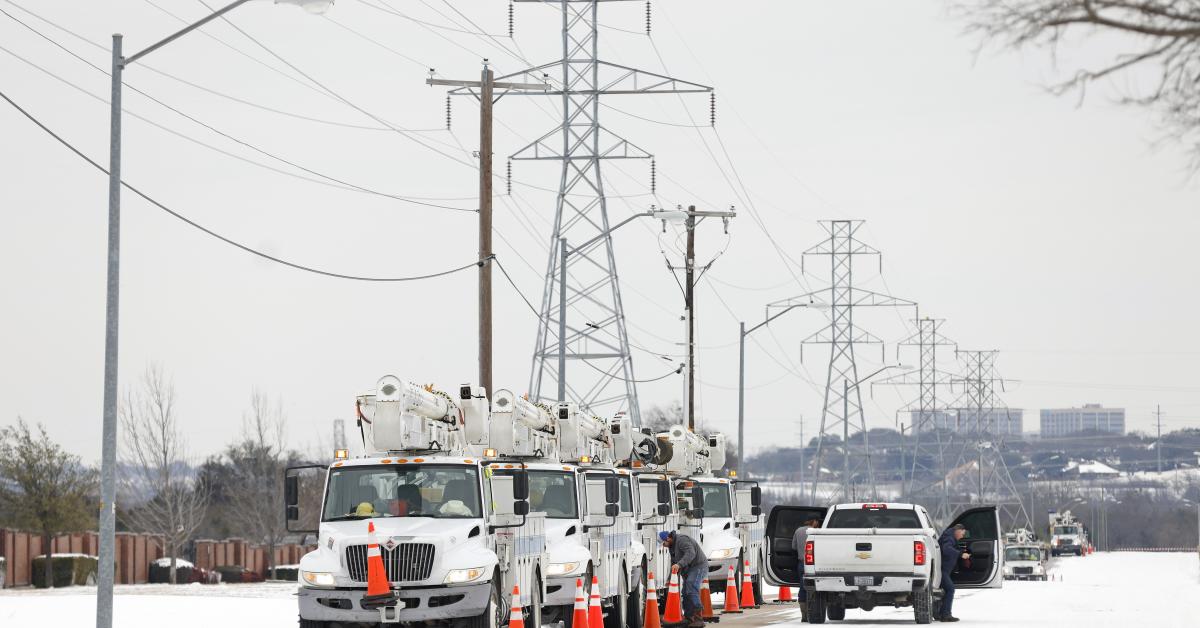We support our Publishers and Content Creators. You can view this story on their website by CLICKING HERE.

North America’s grid watchdog issued a dire warning as forecasts of extreme cold in January descends on the U.S. and Canada.
According to a Jan. 1 report from AccuWeather, multiple rounds of Arctic air will sail across the U.S. throughout the month, impacting 250 million people living in 40 states from the Great Plains to the East Coast.
The North American Electric Reliability Corporation (NERC), a nonprofit international regulatory authority overseeing electricity reliability on the grid, is urging all the industries involved in delivering electricity to consumers to take steps to avoid potentially deadly blackouts.
“I’m asking everyone in the electricity supply chain – from natural gas producers to pipeline operators, to system operators, to power generators, and the utilities themselves – to take all appropriate actions to ensure that we can maintain an uninterrupted supply of electricity to customers, so that January will be warm and bright for everyone,” NERC CEO Jim Robb said in a statement on the nonprofit’s Youtube Channel.
Robb explained that proactive actions will avoid what happened in 2021 with Winter Storm Uri and 2023 with Winter Storm Elliot. Both storms resulted in widespread blackouts, as the natural gas supply system, upon which the U.S. relies more heavily due to the shutdown of coal-fired power plants, was unable to keep up with increased demand.
With the January cold coming, natural gas prices have risen 4% in the past week at the U.S. benchmark Henry Hub, Financial Times reported. Phil Flynn, an analyst at Price Futures Group, told the Times, that the “market may have to face a winter challenge that it has not seen in a while.”
Flynn told Fox Business that the storms have extensive impacts to the natural gas supply chain.
“When you get a cold event like this, not only do you see record demand, but then you have the possibility of infrastructure freezing up. They have to shut the wells down because it’s too dangerous to produce,” Flynn said.

 Conservative
Conservative  Search
Search Trending
Trending Current News
Current News 





